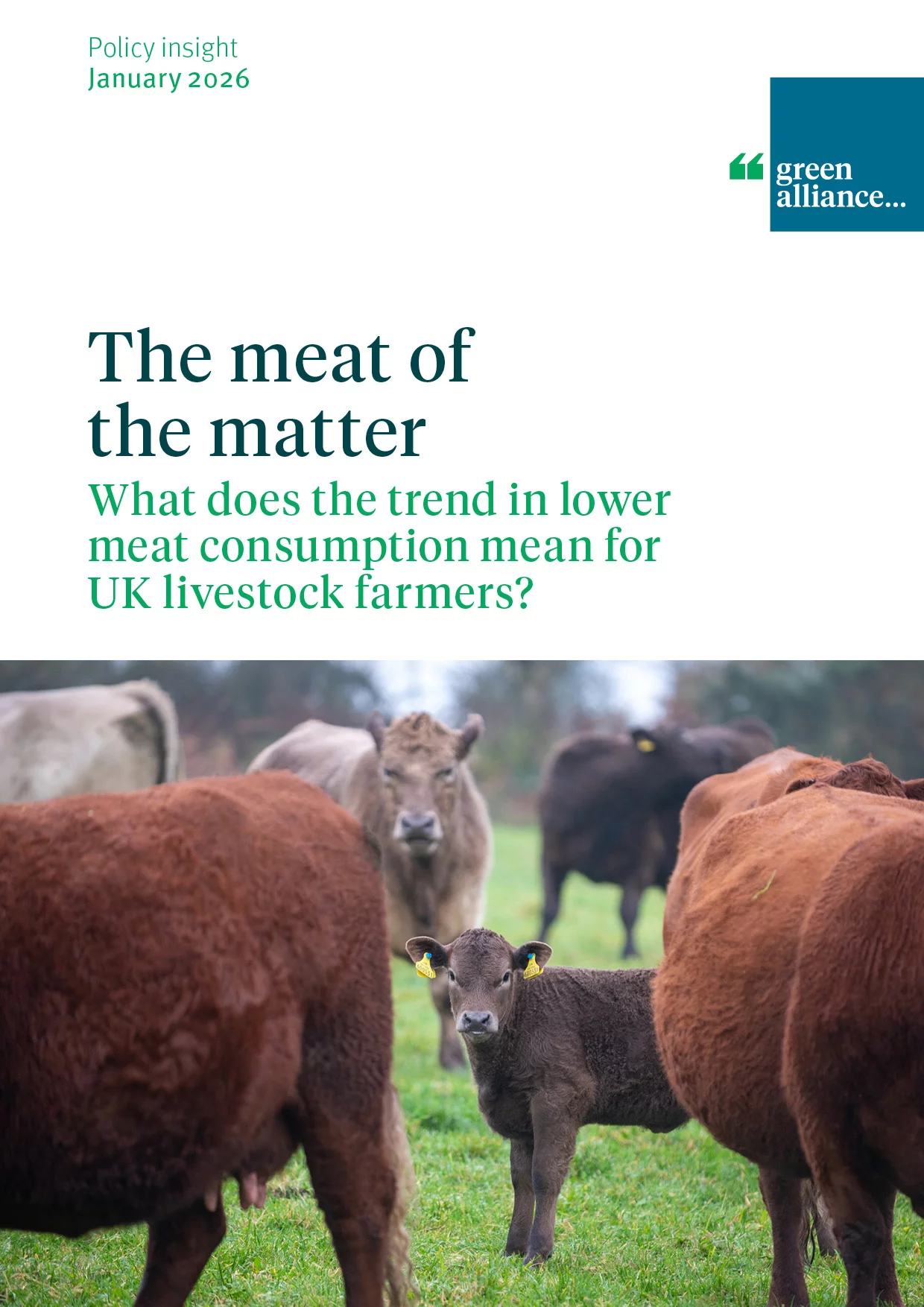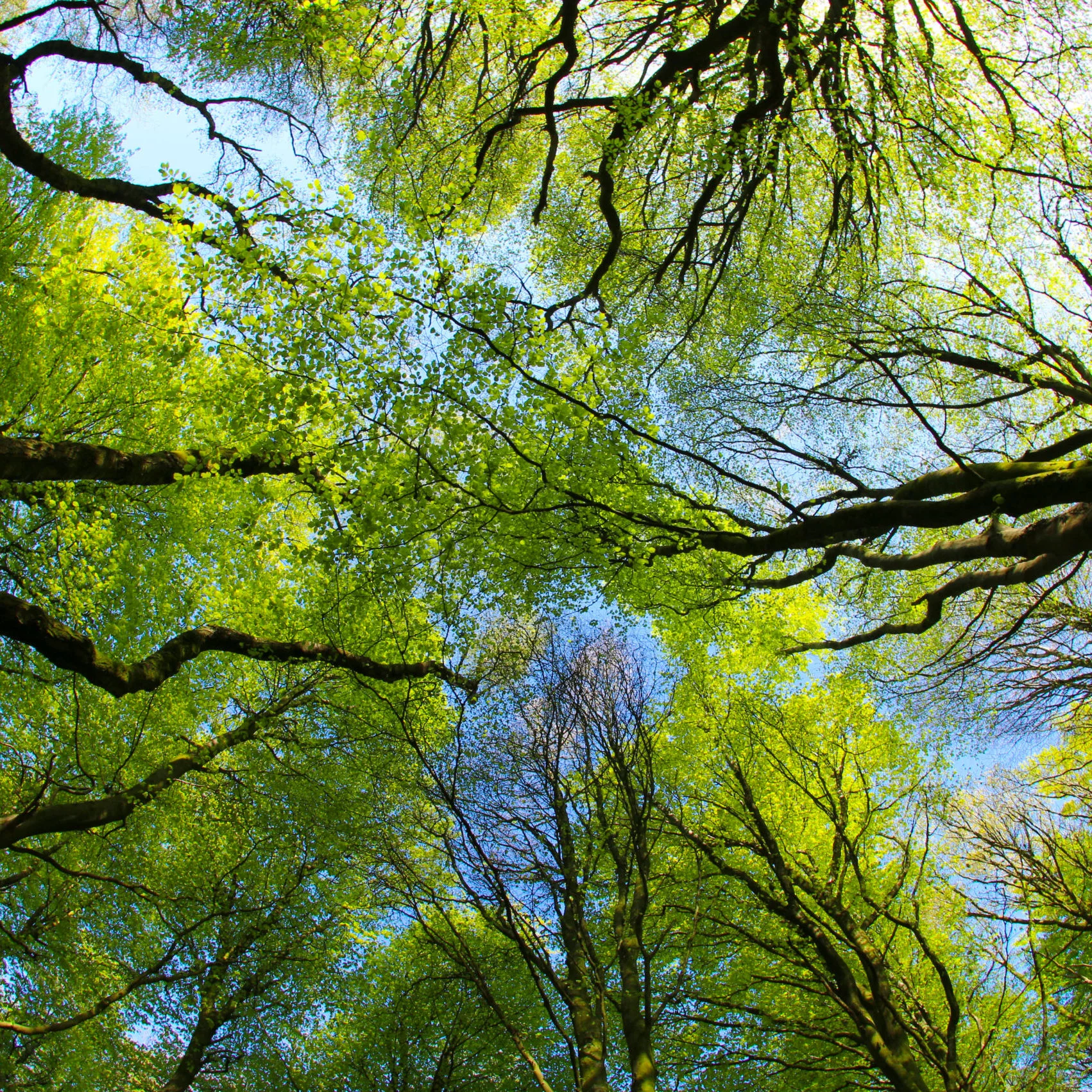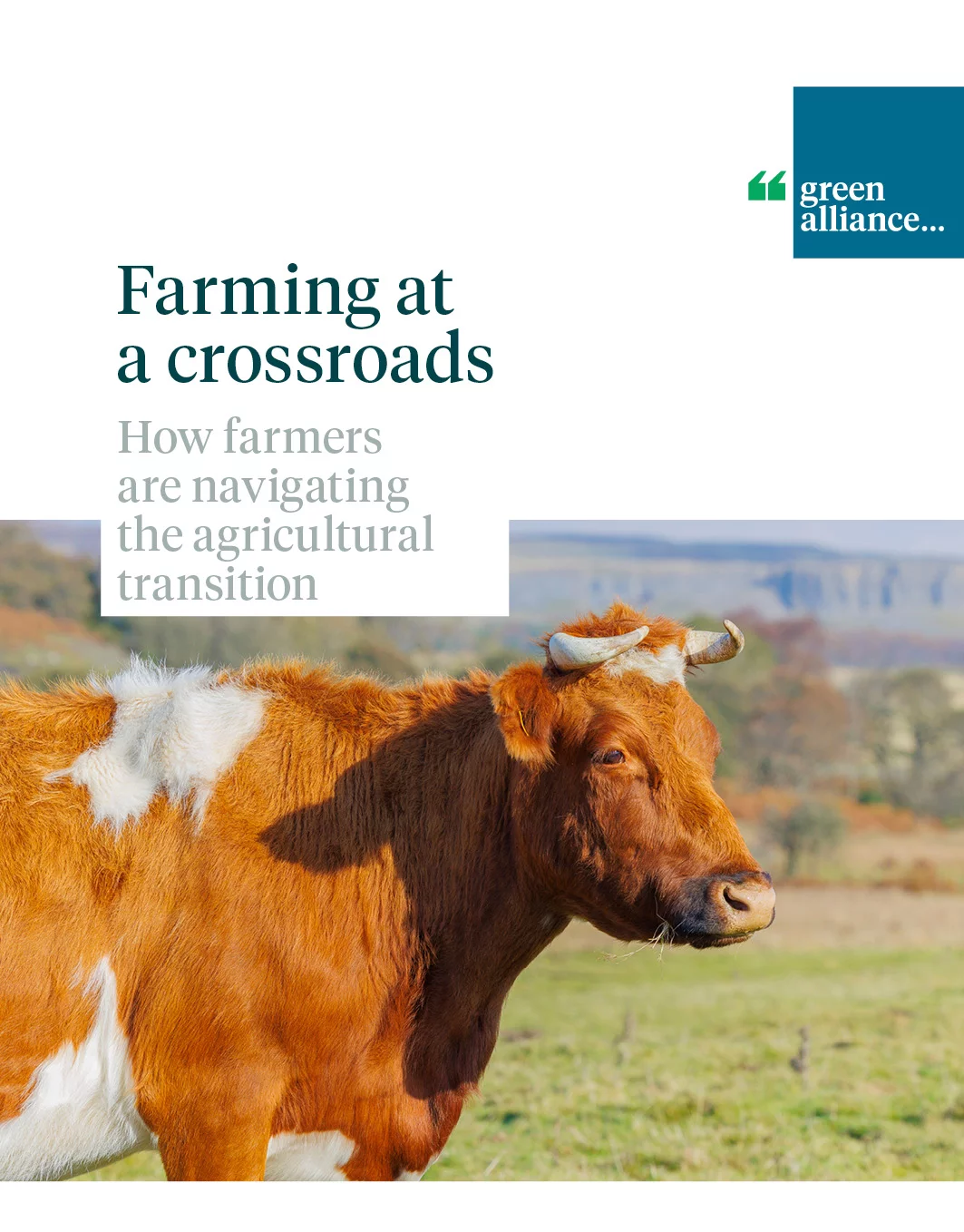Landscape 2050: making land work for people, nature and climate
Tothill Street
London
SW1H 9NQ
Summary
At this mini conference on the 24th of January 2023, we shed light on burning issues around the future of land use in the UK. With experts on the issues, we discussed how the way we use land will have to change to speed up action on climate and nature; how greenhouse gas removal technologies can be sustainably deployed; and how to make sure local communities benefit from the changes to come.
How land is used and managed in the UK is on the brink of major change. But what will our landscape look like in ten, twenty, thirty years time? How can we ensure changes are supported and that pitfalls and unintended consequences are avoided?
As well as the need to produce enough food sustainably, the UK’s future landscape will be shaped by the need to cut carbon emissions, reverse nature decline and minimise other environmental impacts. All while supporting rural communities to thrive. These are the challenges that the government’s new Land Use Framework needs to address.
Land based services will be relied on more and more for carbon removal and storage in the race to reach the UK’s net zero carbon goal by 2050, with increases of natural carbon stores like trees, and technologies like Bioenergy with Carbon Capture and Storage (BECCS).
The post-Brexit funding regime for farmers, principally through the new Environmental Land Management (ELM) schemes, will play a large role in driving how these changes happen. But private investment in natural capital is also playing a bigger role, and is expected to increase in England and Scotland to £1 billion a year. But this is not without controversy; for instance, large scale tree planting for corporate carbon offsetting can be unpopular with local communities concerned about their changing environment.
We launched new analysis by Green Alliance on land use pathways compatible with food, climate and nature goals, and how communities can be more involved and benefit more from the changes.
Running order
12:30 Registration
12:45 Session 1: How can we remove and store carbon without harming land and nature?
13:45 Networking and light lunch
14:45 Session 2: Can we have it all from the land?
15:45 Networking and tea and coffee
16:30 Session 3: How can we give people power over change?
17:30 Networking and drinks
Session 1: How can we remove and store carbon without harming land and nature?
To hit net zero by 2050, greenhouse gases will have to be removed from the atmosphere, alongside other decarbonisation efforts.
Nature-based carbon sinks are the only approach currently operating at scale, but the government’s net zero strategy anticipates growth in new engineered approaches, particularly BECCS, the burning of biomass with carbon capture and storage technology.
The BBC’s Panorama programme, ‘The green energy scandal exposed’, recently highlighted the danger of adding demand for biomass for this purpose to the already long list of competing land uses.
Avoiding the large scale use of dedicated biomass crops and whole trees for BECCS will require other actions, including significant behaviour change, land use change or direct carbon dioxide capture from the air.
In this session we presented our new briefing, supported by the European Climate Foundation, which explores routes to net zero that avoid large scale BECCS. Our expert panellists discussed the risks and opportunities associated with different pathways, how much risk we should be willing to take on and the changes needed for a less risky path.
Panellists
- Chair: Helena Bennett, Head of climate policy, Green Alliance
- Georgia Berry, Director, The Countryside 2025
- Lydia Collas, Policy analyst, Green Alliance
- Alyssa Gilbert, CO2RE hub, Imperial College London
- Eli Mitchell-Larson, Chief science and advocacy officer, co-founder of Carbon Gap, Associate at Oxford Net Zero
Session 2: Can we have it all from the land?
To reach net zero by 2050 and halt nature decline by 2030, more UK land will be needed for carbon storage and high quality habitats. But we still need to feed a growing population.
How much land do we need for nature, climate and food production? What are the unavoidable trade-offs? How much space is there for wildlife-friendly farming? How will decisions about land use affect our need for more engineered greenhouse gas removal options and food imports from overseas? And how much will it all cost?
We presented a range of possible land use pathways, published in our new report, supported by the European Climate Foundation. Our panel discussed the implications in the context of the new Land Use Framework which the government has committed to producing in 2023.
Panellists
- Chair: Belinda Gordan, freelance environmental strategy and policy consultant
- Lord Cameron of Dillington, former Chairman of the Countryside Agency
- Tom Finch,Conservation Scientist, RSPB
- Dustin Benton, Policy director, Green Alliance
- Helen Harwatt, Senior research fellow, Chatham House
Session 3: How can we give people power over change?
There is overwhelming public support for protecting and restoring the environment. In some places, community groups and local volunteers are driving changes themselves, buying land and managing it for people, nature and the climate. But elsewhere investment in natural capital has been contentious, with corporations buying swathes of land to plant trees for carbon offsetting which locals see as an assault on their local landscape and heritage in which they have no say.
This session presented our new research, supported by the Esmée Fairbairn Foundation, on ways that communities can be involved in and benefit from different environmental land use projects. With our experts we discussed which communities have the biggest interest in land, the benefits of more community involvement in land use and management, and what the best options are for maximising community benefit in different circumstances.
The discussion was chaired by Charlotte Smith, presenter of BBC Radio 4’s Farming Today.
Panellists
- Chair: Charlotte Smith, Broadcaster
- James Elliot, Senior policy adviser, Green Alliance
- Dr Mya-Rose Craig, President, Black2Nature
- Dr Jason Beedell, Head of rural research, BNP Paribas
- Dan McCallum, Director, Community Energy Wales
- Ruchir Shah, Director of external affairs, Scottish Wildlife Trusts
- Sue Pritchard, Chief executive, Food Farming and Countryside Commission



